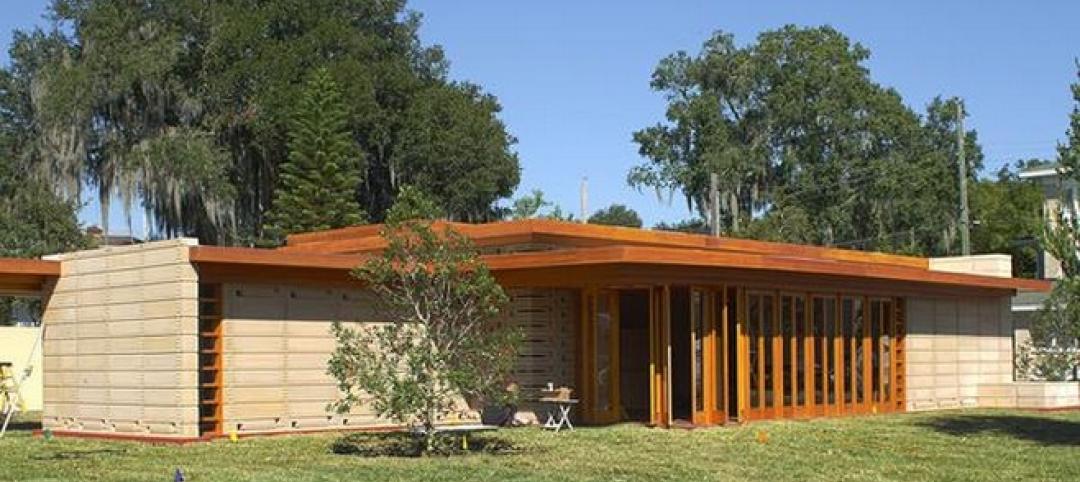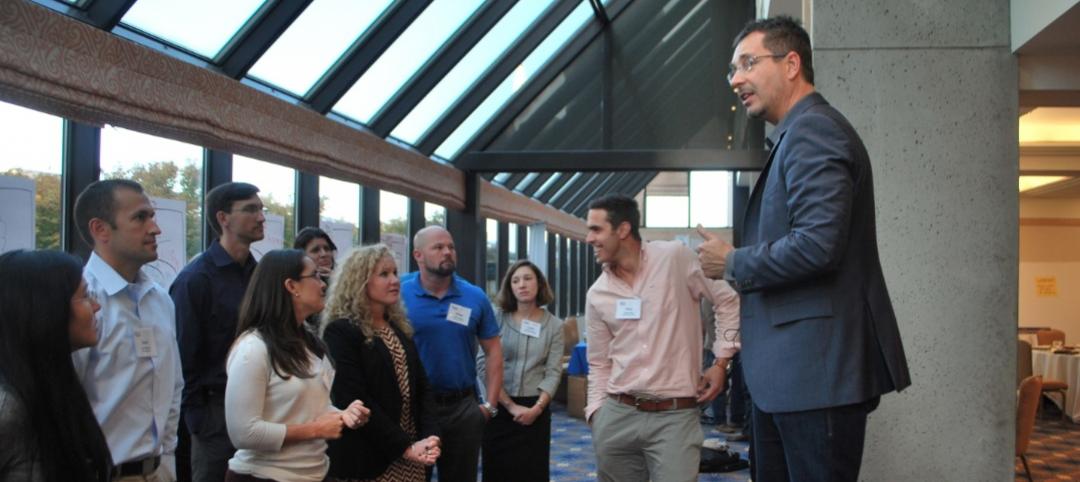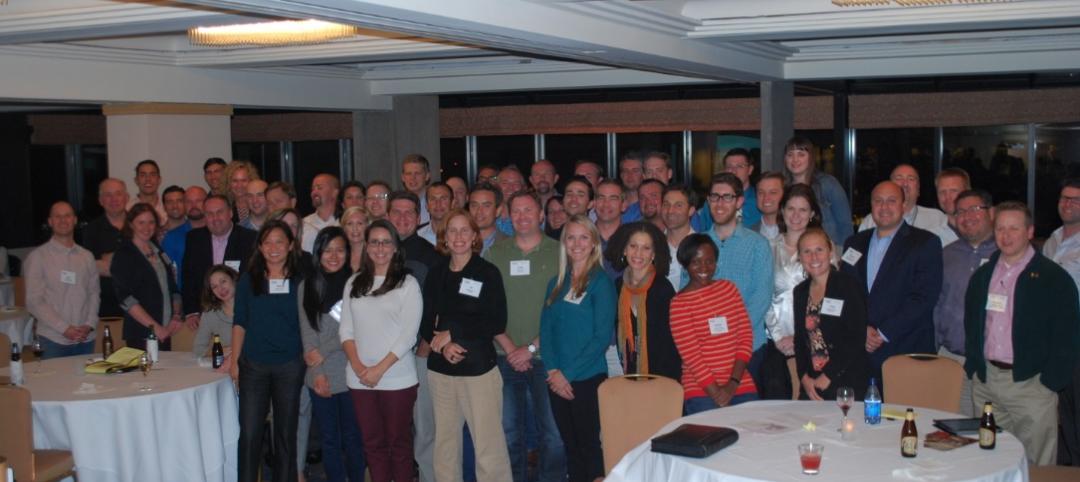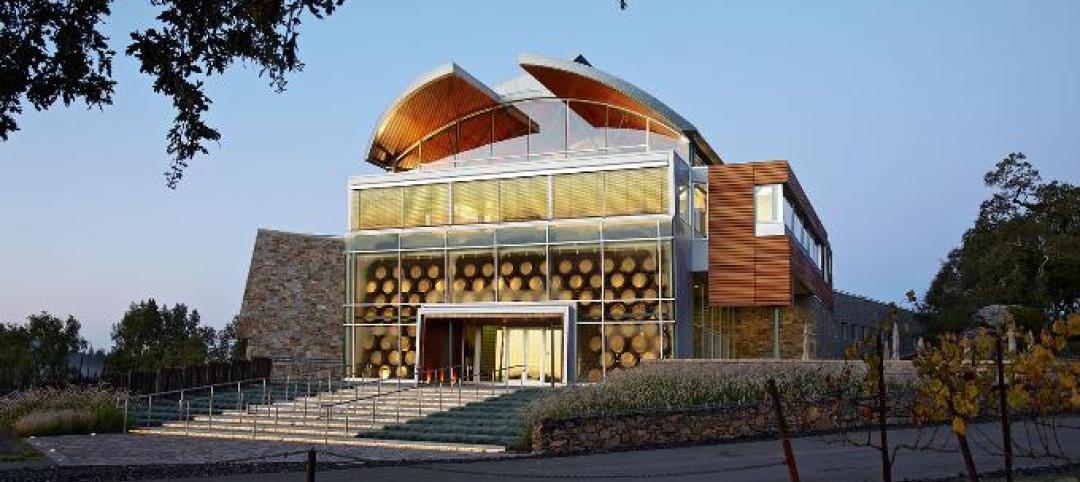In 2011, the Commerce Department’s Economics and Statistics Administration, using Bureau of Labor Statistics employment projections, predicted that STEM-related occupations would expand by 17% from 2008 through 2018, compared to 9.8% growth for all non-STEM jobs during that same period.
Educators certainly bought into that projection, based on the increasing number of school districts across America whose high schools now offer STEM and STEAM courses or have built separate academies for these disciplines.
But has STEM, which the business community urged school districts to embrace, been oversold as a career path? Education Week magazine asked that very question in May 2018, and concluded, based on its own reporting and research, that while the government’s forecasting was basically on target, its inference that there’s this expanding pipeline of primed high school students itching to pursue STEM as a college major or career choice is “more nuanced” than the Commerce Dept.’s prognostications might suggest.
Around the same time that EdWeek published its findings, Junior Achievement USA and Ernst & Young released the results of a survey of 1,000 13- to 17-year-old students, conducted online in late February and early March, which uncovered a notable drop off—to 24%, from 37% in 2017—in the number of boys who said they wanted a STEM career. Girls’ interest in STEM remained unchanged, at 11%.
Ed Grocholski, Junior Achievement’s Senior Vice President-Brands, wasn’t completely surprised by the survey’s results, which he attributes, in part, to a lack of exposure that students have to STEM-related employees and fields. Conversely, the number of teens interested in medical or dental careers increased to 19% from 15%, with girls more likely to choose that path.
“Those professions are tangible to teens, and are something they can relate to, because they’ve either gone to a doctor or dentist, or have seen them on TV,” says Grocholski. He adds that teens are interested in professions they think will help people, like education, public service, law enforcement,
and the military.
Junior Achievement has been trying to fill the mentoring gap with volunteers who serve as role models. But he admits that such efforts “sometimes forget about the inspiration part.”
The takeaway for AEC firms, he says, is to get more involved in talking about their industry to youngsters, because “outside of TV, kids aren’t paying attention, even though a lot of STEM might actually coincide with their interests.”
Related Stories
| Oct 31, 2013
74 years later, Frank Lloyd Wright structure built at Florida Southern College
The Lakeland, Fla., college adds to its collection of FLW buildings with the completion of the Usonian house, designed by the famed architect in 1939, but never built—until now.
| Oct 30, 2013
11 hot BIM/VDC topics for 2013
If you like to geek out on building information modeling and virtual design and construction, you should enjoy this overview of the top BIM/VDC topics.
| Oct 28, 2013
Urban growth doesn’t have to destroy nature—it can work with it
Our collective desire to live in cities has never been stronger. According to the World Health Organization, 60% of the world’s population will live in a city by 2030. As urban populations swell, what people demand from their cities is evolving.
| Oct 18, 2013
Meet the winners of BD+C's $5,000 Vision U40 Competition
Fifteen teams competed last week in the first annual Vision U40 Competition at BD+C's Under 40 Leadership Summit in San Francisco. Here are the five winning teams, including the $3,000 grand prize honorees.
| Oct 18, 2013
Researchers discover tension-fusing properties of metal
When a group of MIT researchers recently discovered that stress can cause metal alloy to fuse rather than break apart, they assumed it must be a mistake. It wasn't. The surprising finding could lead to self-healing materials that repair early damage before it has a chance to spread.
| Oct 15, 2013
15 great ideas from the Under 40 Leadership Summit – Vote for your favorite!
Sixty-five up-and-coming AEC stars presented their big ideas for solving pressing social, economic, technical, and cultural problems related to the built environment. Which one is your favorite?
| Oct 7, 2013
10 award-winning metal building projects
The FDNY Fireboat Firehouse in New York and the Cirrus Logic Building in Austin, Texas, are among nine projects named winners of the 2013 Chairman’s Award by the Metal Construction Association for outstanding design and construction.
| Oct 7, 2013
Geothermal system, energy-efficient elevator are key elements in first net-zero public high school in Rhode Island
The school will employ a geothermal system to heat and cool a portion of the building. Other energy-saving measures will include LED lighting, room occupancy sensors, and an energy-efficient elevator.
| Sep 24, 2013
8 grand green roofs (and walls)
A dramatic interior green wall at Drexel University and a massive, 4.4-acre vegetated roof at the Kauffman Performing Arts Center in Kansas City are among the projects honored in the 2013 Green Roof and Wall Awards of Excellence.
| Sep 19, 2013
What we can learn from the world’s greenest buildings
Renowned green building author, Jerry Yudelson, offers five valuable lessons for designers, contractors, and building owners, based on a study of 55 high-performance projects from around the world.

















